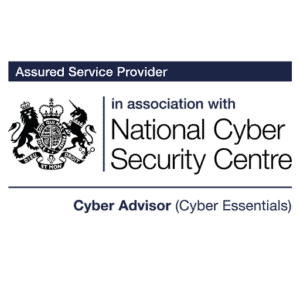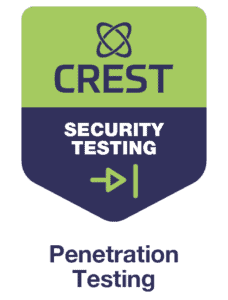Preparing for DORA, the Digital Operational Resilience Act
3rd Dec 2024
Speak to an expert
3rd Dec 2024
The Digital Operational Resilience Act (DORA) is a transformative regulatory framework introduced by the European Union. It aims to bolster the digital resilience of financial institutions while addressing Information and Communications Technology (ICT) risks across the financial sector. Enacted on January 16, 2023, DORA will become fully enforceable on January 17, 2025, giving organisations a critical timeline to achieve compliance.
DORA’s overarching goal is to ensure that financial institutions can effectively withstand, respond to, and recover from ICT-related disruptions. This framework plays a vital role in safeguarding the integrity of the EU’s financial ecosystem and reducing systemic risks.
Before DORA, financial institutions often relied on reactive approaches to manage ICT-related risks. These approaches included:
These reactive methods created several significant challenges:
Consequently, DORA shifts the focus to proactive risk management, requiring organisations to adopt preventive measures and build robust resilience capabilities.
DORA applies broadly across the financial sector, covering entities such as:
Moreover, ICT third-party providers, including cloud service providers and data centres, must also comply with DORA. This ensures the entire financial ecosystem adheres to rigorous resilience standards.
Importantly, DORA impacts over 22,000 financial entities and ICT service providers within the EU, as well as those providing critical ICT services from outside the EU. Therefore, organisations operating outside the EU must quickly evaluate whether their activities within EU jurisdictions fall under DORA’s scope.
DORA is structured around five core themes, each accompanied by specific requirements:
To achieve compliance by January 17, 2025, organisations should take the following actions:
Non-compliance with DORA can result in severe penalties. National competent authorities may:
Beyond financial penalties, organisations may face reputational damage, operational setbacks, and increased exposure to ICT disruptions.
DORA represents a critical step toward building a resilient and secure financial ecosystem. By addressing vulnerabilities and fostering collaboration, it equips financial institutions to handle modern ICT challenges effectively.
A key requirement is regular large-scale, threat-led penetration tests conducted by independently accredited testers.
At Assure Technical, we provide CREST-approved Penetration Testing services and have helped countless financial organisations safeguard their operations and maintain regulatory compliance.
We’re proud to be recognised as the most trusted cybersecurity partner in the UK, with over 250 genuine 5-star Trustpilot reviews. We’re here to support your cybersecurity needs, keeping you ahead in an ever-evolving digital landscape.
Get in touch with our award-winning team today to find out more about how we can help you navigate your cyber compliance requirements with ease.
Get in touch with our expert consultants for straight-talking, jargon-free technical security advice.













